10. Plan – and practise – being response-able (as well as responsible)
Flexibility becomes easier, less risky and more constructive when you practice it!
Jenny and I have just returned from a super trip to Iceland. It wasn’t our first time there by any means – in fact it was Jenny’s SIXTH time there and my fourth – but it WAS the first time we had a really good view of the Northern Lights.
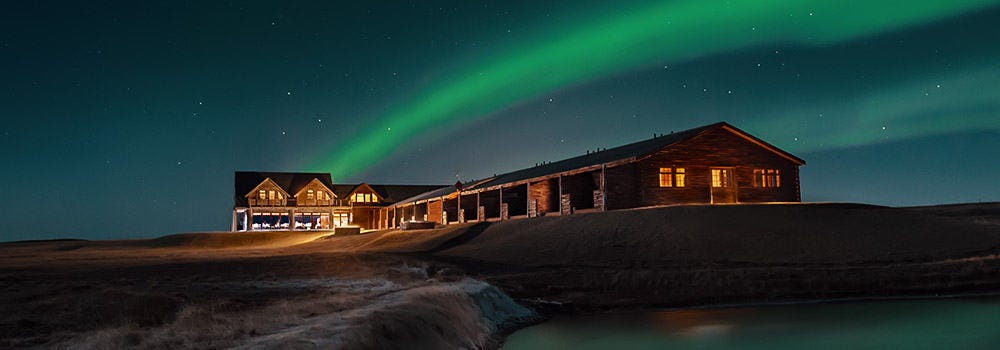
This phenomenon, also known as the Aurora Borealis in the northern hemisphere (Australis in the southern), is caused by charged particles from the Sun striking the Earth’s upper atmosphere. The planet’s magnetic field protects us from their impact and routes them towards the poles, bringing a dramatic light show into the night sky. Chances of seeing the lights are improved by solar activity, and also by the time of year; best times are just before the spring equinox (March 21st) and just after the autumn equinox (September 21st). We were there at a good time.
The chances of seeing the lights are also boosted by staying at a hotel which knows the value and importance of guests making the most of their opportunity. We stayed at the Hotel Rangá (pronounced Rangow, rhymes with cow) near Hella on Iceland’s south coast. On arriving we were told that there was an alert service available should the Aurora show up, linked to the telephone in our room. I was amazed to find not just that such a service existed, but it was hard-printed as a button on the phone!
The hotel is very well set up for viewing the lights when they arrive. Not only are there phone alerts, but also instructions for how to take photos (turn your flash off, open the aperture as much as possible, hold still and use a looooong exposure are key point), there are arctic suits provided to protect you outside, and even an observatory at the hotel with the latest computer-driven telescopes to make the most of the amazing night sky (with or without the aurora, it’s still quite a sight).
This preparation is very much part of the approach taken by hotelier Fridrik Pálsson who took over the Rangá more than twenty years ago. Originally designed in a ranch style to appeal to horse-lovers, the hotel has long been the best on Iceland’s south coast with a reputation all over the country for luxury and great service in a remote environment with (mostly dormant) volcano views and top-class food. We first met Fridrik in 2010 when one of his other hotels proved a bit disappointing and he immediately offered us dinner on the house! Pállson clearly has eyes on the future. Sustainability is top of the Rangá agenda and he has recently become the first Icelander with an electric aeroplane.
Preparing and practicing
The way that the staff responded smoothly and relaxedly to the appearance of the aurora (our waiter tipped us off as we were finishing dessert) reminded me in some ways of my time as a nuclear power station standby physicist. Regular readers may know that I was the last head of reactor physics at the UK’s first commercial nuclear power station at Berkeley in Gloucestershire in the mid 1980s. Part of the role was joining the standby rota. Each week about four senior managers were on standby to be phoned up at any hour of the night to advise the operators, and to immediately go to the station in case of an emergency.
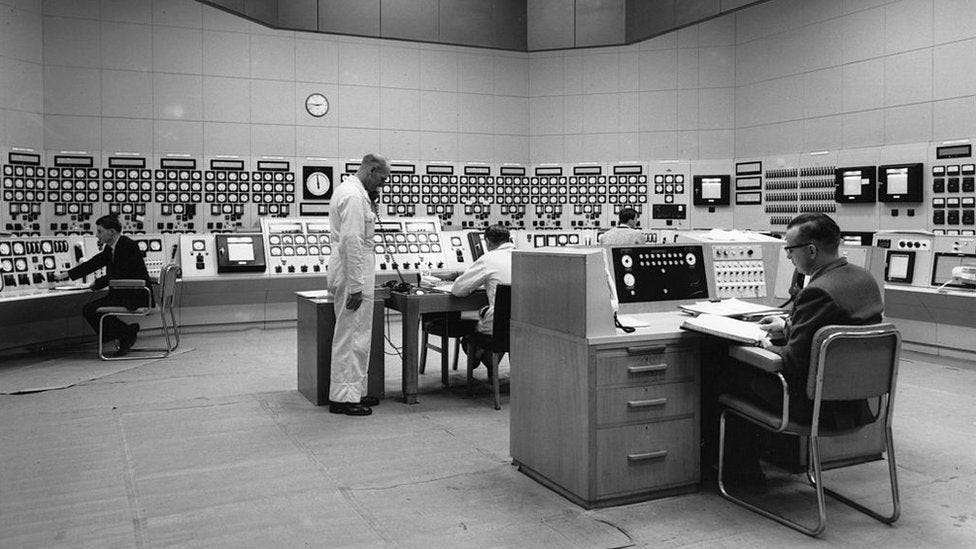
Did we prepare for emergencies? You bet. There were regular exercises which simulated very serious accidents, playing out a cunning scenario (of which we had no detailed information in advance, though we were well prepared), sometimes involving the local police and emergency services. Before I was on the emergency team I sometimes had the (somewhat fun) role of making phone calls into the power station pretending to be alarmed residents and anti-nuclear activists to see how they were handled. I was training to be Emergency Controller, the person in charge, when the power station ceased generating electricity on economic grounds.
The aurora and the nuclear emergency are two rather different examples of the same thing. Something may happen and you want to be ready. With the aurora it’s a good thing, with the power station it’s a bad thing; in both cases you are prepared and ready to respond.
Acting response-able
Both of these situations are examples of needing response-ability – the ability to respond. This is not the same as the more common responsibility, defined as having a duty to deal with something/someone and make sure particular things are done. For example:
It's her responsibility to ensure the project finishes on time.
He takes his responsibilities as a nurse very seriously.
Responsibility means that if it goes wrong, it’s down to you. Response-ability is being able to make sure you can act in the light of events to help things go well. This only makes sense if you have some actual ability to influence things. For example, it would make no sense to assign someone to be ‘responsible for the sun rising in the morning’. Being responsible means people look to you both to ensure that things happen, and to give an account afterwards if they don’t happen. (Disgraced UK Prime Minister Boris Johnson once used the first half of this but not the second, saying he was “taking full responsibility” for lockdown-busting parties in Downing Street without offering any explanation, account or even apology; a novel use of the phrase.)
Response-ability improves with practice
This might almost not need saying, but I think it’s vital to practise response-ability if it’s to become part of an organisation’s repertoire. When you know something might happen, or will happen but don’t know when, then you can both prepare and practise. If something is like the aurora it probably happens often enough that practising of itself isn’t necessary – you get to do it anyway. However, making sure everyone knows what’s meant to happen is key. It’s also very good to review afterwards; not only might there be mis-steps to avoid next time, but things can anyway be improved and expanded.
It’s key to look at things from the consumer/ end-user perspective as a priority. What did the customers think about what happened? What did they value? What would they value more? It is this kind of thinking that led Fredrik Pállson to instigate his aurora alerts nearly 20 years ago; the Icelanders see the lights frequently (as they live there) and so don’t value them very much, whereas for visitors it may be a lifetime highlight experience.
Another example of something that will happen but you don’t know exactly when is Sakura-time in Japan, when the cherry blossom appears and everyone takes the chance to celebrate and enjoy it for the short time it’s there. People are prepared, plans change, the opportunity is seized. This phenomenon marks the beginning of spring in Japan. It is not only a beautiful time but also symbolises the impermanence of life; the beauty is to be savoured while it is there, because soon it will inevitably be gone. This is not only a time for togetherness but also of reflection and introspection. I love it. It’s hard to see such things being so openly embraced in much of the western world.
Practising for the very unlikely
Back at the dawn of the nuclear industry in the 1950s, responding was done on the fly, by skilled people. The scientists running the earliest reactors were supposed to know what they were doing (and for the most part they did). Then in 1957 an early ‘atomic pile’ (as they were known) caught fire at the Windscale laboratories on the UK’s Cumbria coast, releasing radioactive material into the atmosphere. The most noticeable effect at the time was the dumping of milk obtained from cows eating contaminated grass. (The particular element which entered the food chain in this way, iodine 131, decays in a few days and so this had to be only a very temporary measure).
The Windscale fire led to a rethink about safe operation and the idea of written operating rules and procedures was born. Some people thought that this approach was de-professionalising, dumbing down something skilled into 1-2-3 steps. No, on the contrary, it’s professionalising (in perhaps a somewhat different way). If you know what’s supposed to happen, you can practise for it.
In these cases there is nothing inevitable about something happening (as with aurora or Sakura) and so it’s even more important to practise beforehand. There is something very English (in particular) about ‘muddling through’ and it’s seen as a national characteristic. Indeed there is an excellent book by Ducan Weldon, 200 Years Of Muddling Through: The surprising story of Britain’s economy from boom to bust and back again. There’s something particular in the English psyche that resists having grand plans; it’s much more in character to be able to see off the impending disaster with an insouciant move before returning to one’s game of bowls (or whatever).
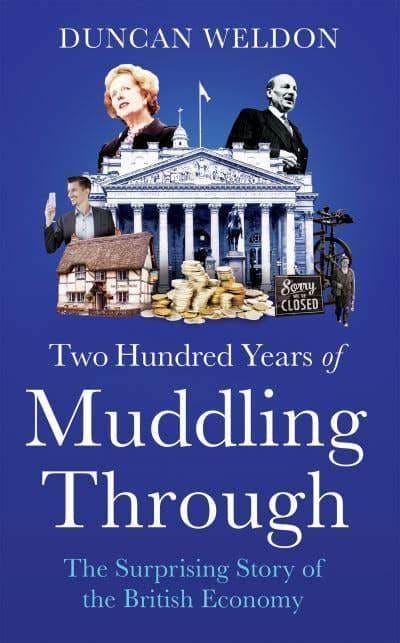
Comic song duo Flanders & Swann touch on this in their ‘Song Of Patriotic Prejudice’ which asserts that the English are best, better than the foreigners who “practise beforehand which ruins the fun”! (From about 1’50 in the recording below. Warning, this was written and performed in the 1960s and times have changed somewhat. And as always with good comedy, there is truth behind the mirth and exaggeration.)
In real life you may end up having to improvise anyway, but it will be better if folk know what they’re supposed to be doing, or trying to do without having to reinvent it every time. (And even improvisors don’t reinvent everything every time, there is always some kind of framework within which to act. Yes, you CAN plan to be spontaneous – more on that in another piece yet to come.)
Why plan to be response-able?
There are several advantages to planning, and practising, flexibility.
1. It helps you think through what might happen, and what’s worth preparing for.
The consequences may be better or worse, upside or downside. It’s good to think in terms of a combination of impact (large/small) and likelihood. With the aurora, there is quite a big positive impact on the visitors and little downside, and it is quite likely to occur at least at certain times of year. A nuclear accident has potentially hugely negative impact. It’s also very unlikely but the possible impact makes it worth preparing and practicing.
2. It’s an opportunity to try things out.
By definition, practising something outside the norm is an opportunity to do things in a different way. These novel practices may be applicable in ‘normal’ times too, or may tell us something about how to make things work better under the usual conditions.
3. It’s an opportunity to develop people.
Helping your people respond to circumstances and explicitly giving them permission and encouragement to do so is an excellent way to develop both their skills and their willingness and attitude to go beyond the norm. The ‘understudy’ in a theatre play takes this opportunity by preparing to play a more important part in the event of the senior actor being indisposed. They may or may not ever actually do it in front of the audience, but either way it’s an expansion of their experience.
4. It builds confidence.
Both in the people concerned and in the organisation as a whole. We can cope with this. We are ready for this. We have the capacity. We have the experience. We have the resilience.
Conclusion
Response-ability is a key element of organising humanely AND effectively. It builds the people, it build the organisation, it forces us to both look outwards (at what might happen) and inwards (to address how to not only cope but benefit and even profit). And it ends up being all about what is important – to the organisation, its customers and its people – as well as what is possible. Those are two topics which are always worth revisiting and expanding.
As always please '‘like’ and comment below. Thank you!
Dates and mates
The Hotel Rangá is a wonderful place at any time of year; excellent location, service, food and a real connection to its place. Not cheap, for sure, but nobody visits Iceland for reasons of economy!
Last chance for my online Hosting Generative Change course which starts Tuesday 21 March 2023, running on Tuesday afternoons for four weeks. Want to bring people together to create something new rather than get the same-old-same-old? This is for you.
The SOLWorld 2023 conference and Host Leadership Gathering are both in Vienna this year. Come and join me! Act soon if you’d like to propose a workshop or conversation topic - closing this Friday 17 March.



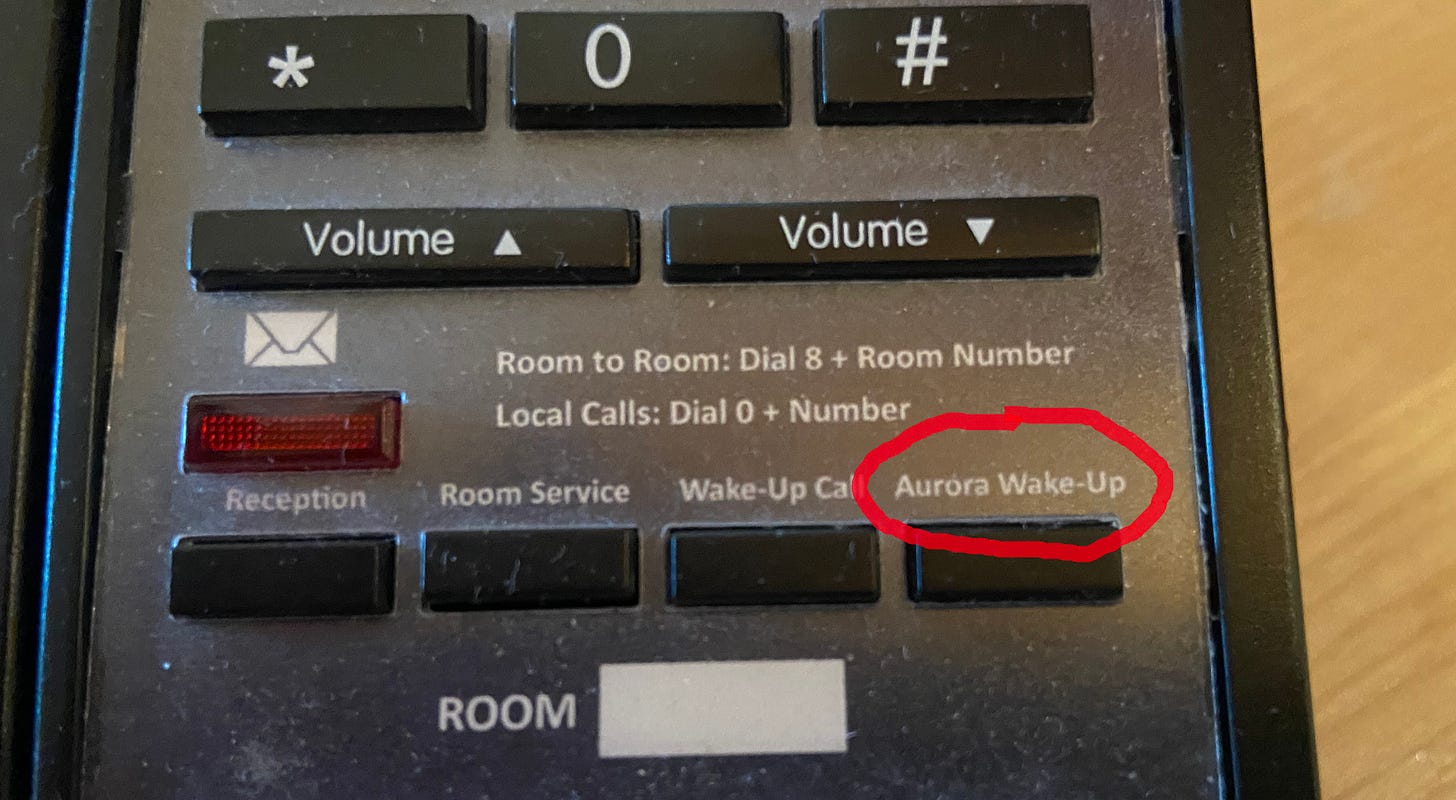
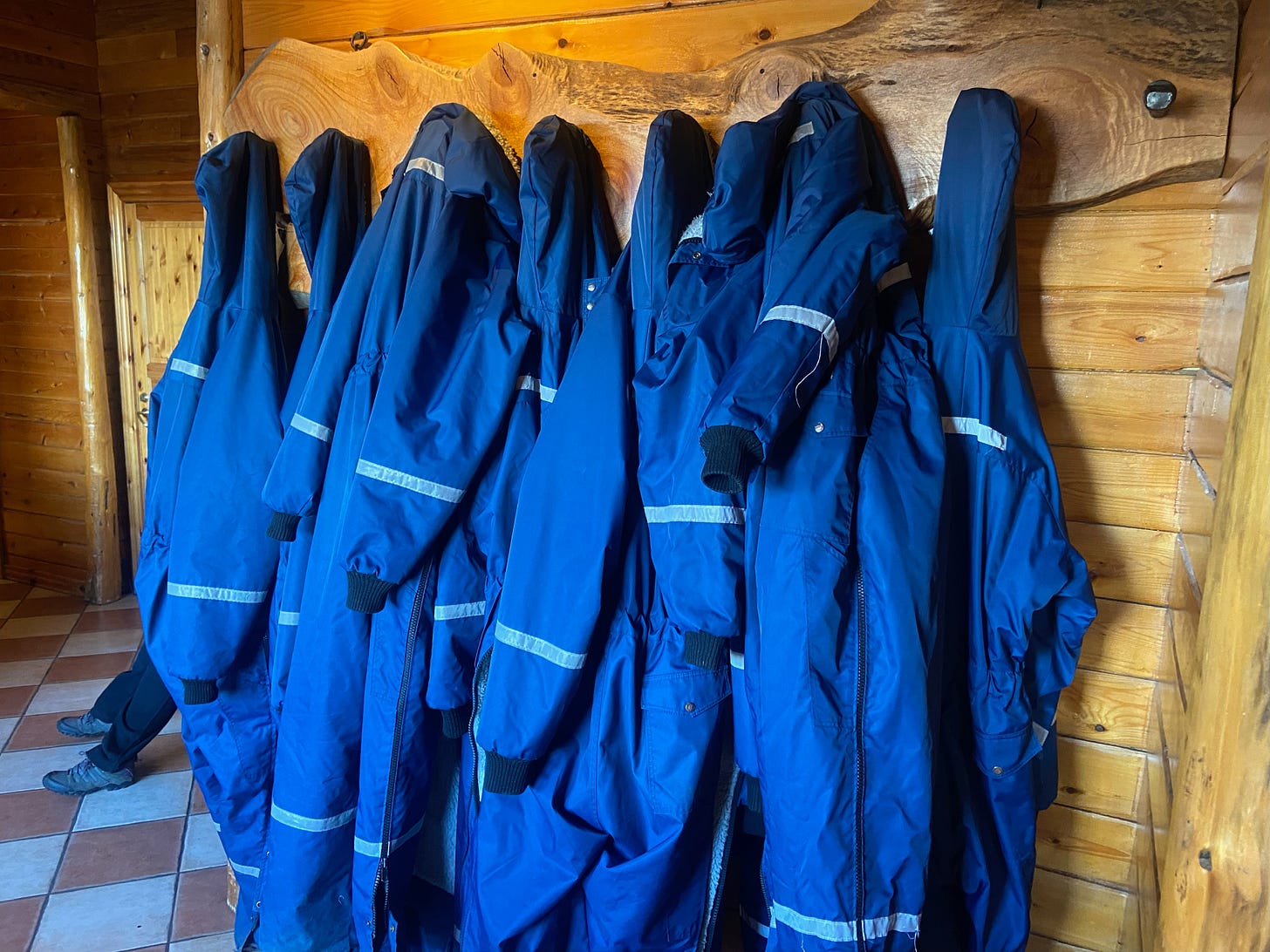
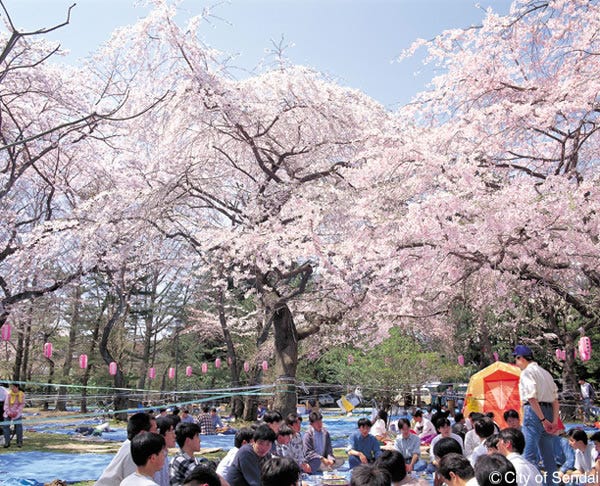

Great post, Mark. After reading it I happened on this on LinkedIn and thought it resonated. https://www.linkedin.com/pulse/taking-my-own-medicine-evan-leybourn
Nice photo of hanami and your description of it😊
On the southern pacific coast of Japan we are sadly expecting a giant earthquake in the next 30 years because it has happened every 100〜150 years and the last one was about 80 years ago. So there are many serious TV shows to make people be informed of what bad things may happen. We need response-ability seriously.